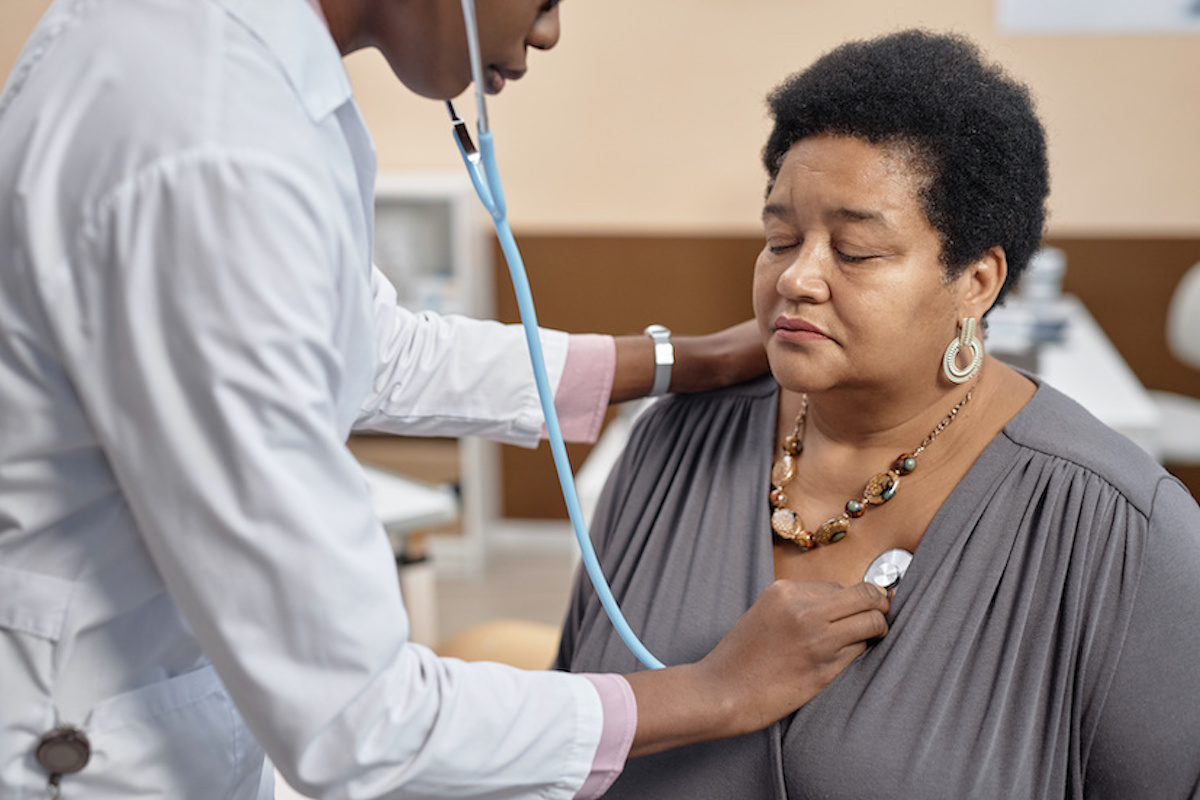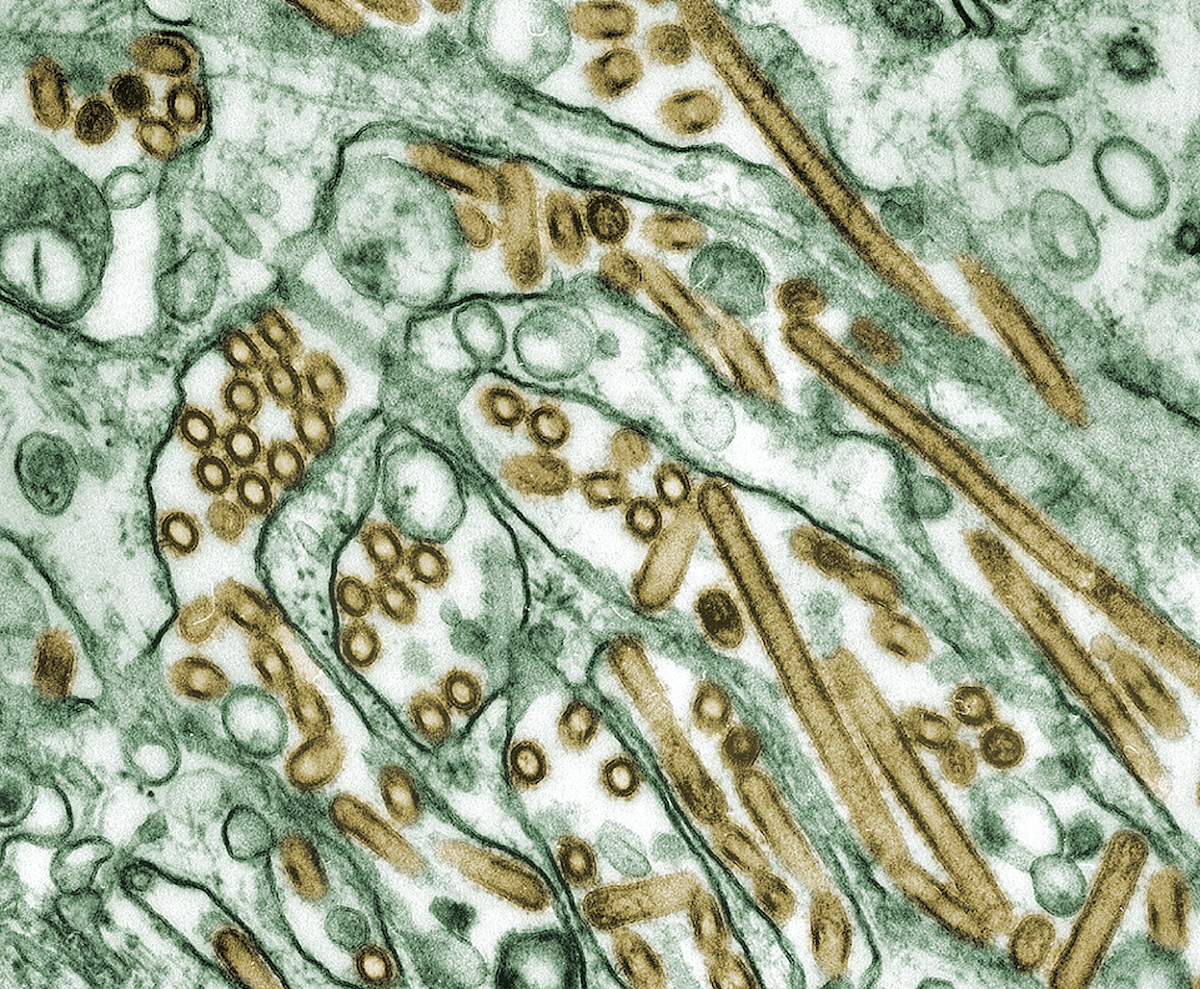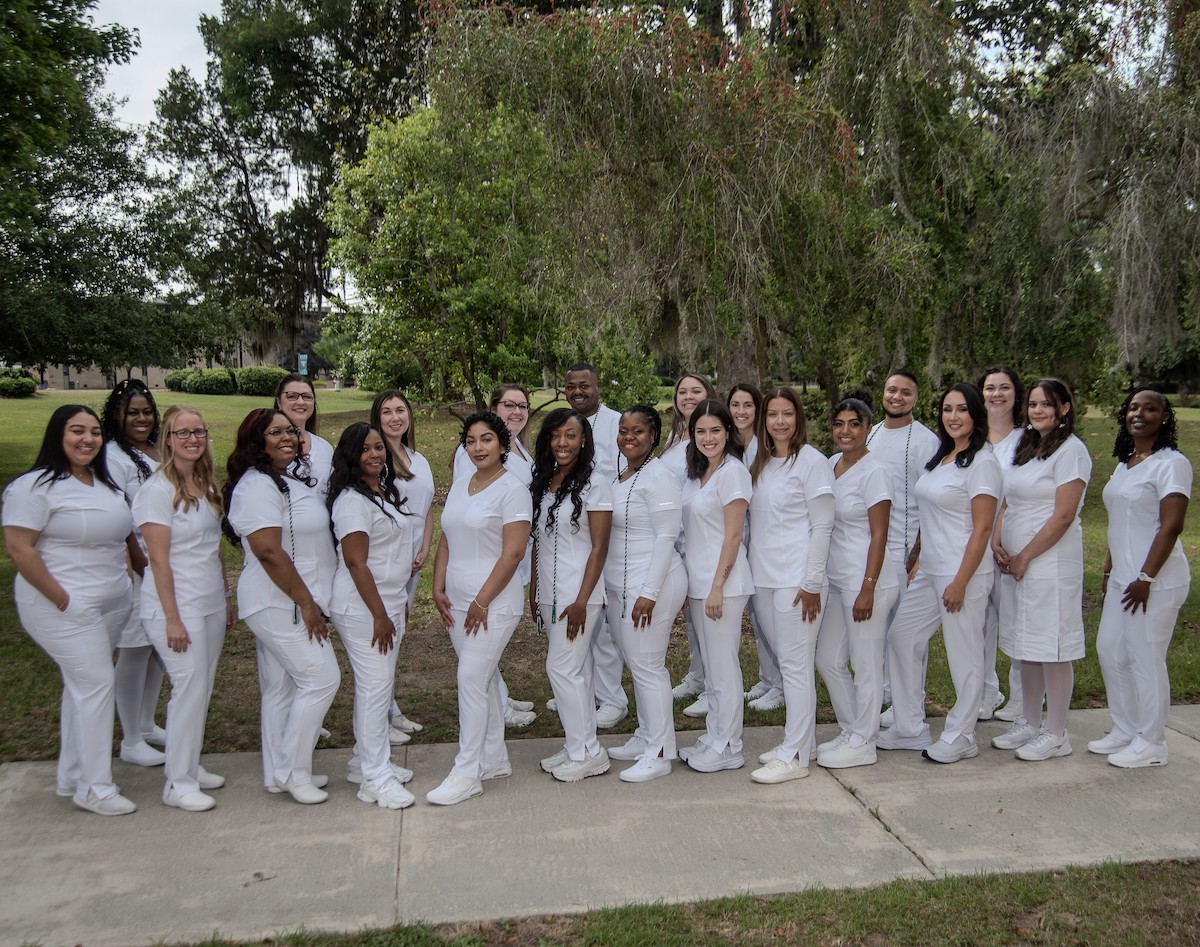Aspirin is a blood thinner. It makes it difficult for the platelets in blood to form clots. This can help reduce the risk of a heart attack and limit the severity of one that occurs.
However, only take aspirin during a suspected heart attack if an emergency medical responder recommends it. It is important to contact emergency services first.
Taking aspirin regularly to prevent heart attacks carries risks for some people. Speak with a healthcare professional before taking aspirin every day, even a low dosage.
How does aspirin prevent heart attacks?
Aspirin can help prevent heart attacks by making it more difficult for platelets in the blood to form clots.
Smoking and certain medical conditions, such as high blood pressure and diabetes, can cause plaques to form in the coronary arteries. Plaques are buildups of cholesterol, white blood cells, and other substances. Together, they form a waxy deposit that can collect in the walls of the arteries.
If parts of these plaques break off, they too can form blood clots. These can block arteries and reduce the blood flow to the heart, causing a heart attack.
Should I take aspirin during a heart attack or stroke?
The more important thing to do if any heart attack warning signs occur is to call 911 immediately. Don’t do anything before calling 911. In particular, don’t take an aspirin, then wait for it to relieve your pain. Don’t postpone calling 911. Aspirin won’t treat your heart attack by itself.
After you call 911, the 911 operator may recommend that you take an aspirin. He or she can make sure that you don’t have an allergy to aspirin or a condition that makes using it too risky. If the 911 operator doesn’t talk to you about taking an aspirin, the emergency medical technicians or the physician in the Emergency Department will give you an aspirin if it’s right for you.
Taking aspirin isn’t advised during a stroke, because not all strokes are caused by blood clots. Most strokes are caused by clots, but some are caused by ruptured blood vessels. Taking aspirin could potentially make these bleeding strokes more severe.
What’s the bottom line?
The best way to know if you can benefit from aspirin therapy is to ask your health care provider. You should not start aspirin on your own.
Are there other benefits to taking aspirin?
Aside from helping to thin the blood and relieve pain, aspirin may have other benefits.
For example, the National Cancer Institute notes that aspirin may have cancer-preventing properties, particularly for colorectal cancer.
People with an increased risk of cardiovascular disease and people aged 50–59 may benefit most from taking aspirin for this purpose.
However, the institute warns, for people aged 70 and above, a daily low dosage of aspirin may increase the likelihood of developing and dying from an advanced form of cancer.
Side effects and complications:
The most common side effects of aspirin include indigestion and stomach pain, and bleeding or bruising more easily.
There is a higher risk of certain side effects and complications. As the authors of research from 2021 report, Reye’s syndrome and brain hemorrhages are rare.
Rates of allergic reactions, they note, range from 1–2% in the general population but rise to 26% among people with asthma or chronic rhinosinusitis.
Know that a low daily dosage of aspirin may not be suitable for everyone.
Speaking with a healthcare professional before taking aspirin every day may be especially important for people who:
have ever had an allergic reaction to aspirin
have asthma
have severe kidney or liver problems
have hemophilia or other bleeding conditions
have uncontrolled high blood pressure
are older than 65
are pregnant or nursing
The American College of Cardiology and the American Heart Association have collaborated on the following guidance, concerning daily aspirin to prevent heart attacks:
Low daily doses of aspirin may be safe for people aged 40–70 years who have no increased risk of bleeding.
But these doses are likely unsafe for people older than 70 and all people with an increased risk of bleeding.
People with this increased risk include those who have:
peptic ulcers
gastritis
a history of either issue if they currently drink alcohol or take the blood thinner warfarin
Other ways to prevent heart attacks
Our daily routines can greatly affect our risk of cardiovascular disease. Other than taking aspirin, there are several ways to reduce the likelihood of a heart attack.
getting daily exercise
having a healthy diet
having and maintaining a moderate weight
not smoking
practicing stress management techniques
Sources:
https://www.medicalnewstoday. com/articles/aspirin-for-heart-attack?
https://www.heart.org/en/ health-topics/heart-attack/treatment-of-a-heart-attack/aspirin-and-heart-disease
Exclusive content from CARE magazine










